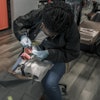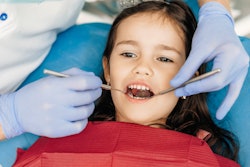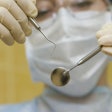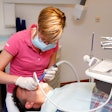
Researchers evaluated the relationship between adverse childhood experiences (ACEs) and the use of and delay of dental care among children in a study published on October 8 in the Pediatric Dental Journal. They found that ACEs often result in less dental care.
"Adverse Childhood Experiences (ACEs) encompass a wide range of constructs related to both child maltreatment and household dysfunction, including physical and emotional neglect, physical and emotional abuse, parental separation, and parental incarceration," wrote the study authors, led by Héctor E. Alcalá of the University of Maryland.
Nearly half of children in the U.S. experience at least one ACE. Previous studies have confirmed an association between ACEs and poorer dental health among other health risks related to poorer health.
Utilization of healthcare services among children is associated with better health and lower costs, including lower costs of pediatric dental care.
"ACEs may set children on the path to increased or decreased health care utilization, depending on the health care service in question," explained the study's authors.
Researchers used data from the 2018-2019 National Survey of Children's Health to examine an association between ACEs and dental health, the use of dental care, the use of preventive dental care, and delaying needed dental care. The researchers calculated the odds of each outcome.
Consistent with previous studies, study findings indicate an association between ACEs and poorer dental health.
"This may reflect an indirect impact of ACEs where they serve as a proxy for childhood neglect and poorer dietary behaviors, along with more limited access to health care, which place children at increased risk of oral health problems," wrote the authors.
The majority of ACEs were associated with decreased odds of using preventive dental care and not using dental care in general. Researchers also found a cumulative impact of ACEs such that each ACE a child experienced reduced the odds of using dental healthcare services.
The pattern of association between access to and use of any dental care was only slightly different from the pattern seen when evaluating preventive care.
"This is likely due to the pattern seen when only examining preventative care," explained the researchers.
Additionally, ACEs were found to be associated with increased delays in receiving needed dental treatment. Experiencing racial or ethnic discrimination in healthcare was the most strongly associated individual ACE associated with delays in getting dental care. This finding is consistent with existing research showing that racial and ethnic discrimination among adults is associated with delays in healthcare.
"Efforts must be undertaken to improve access to dental care for children with a history of ACEs," Alcalá and colleagues concluded.



















